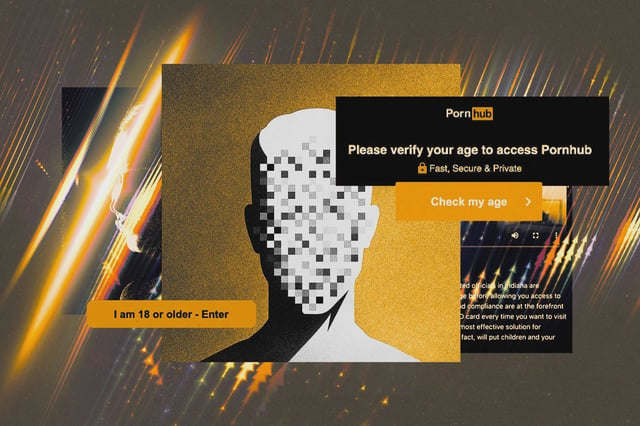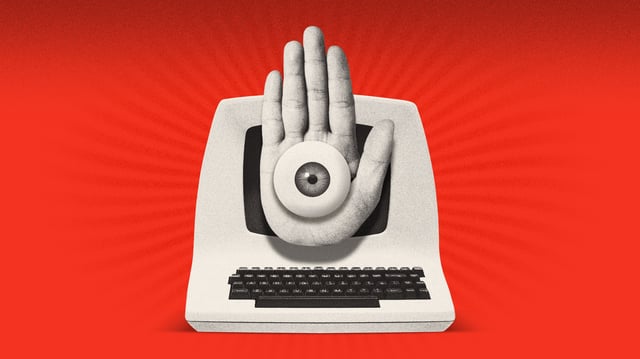Overview
- eSafety Commissioner Julie Inman Grant told platforms to start detecting under‑16 users, offer data‑download and support pathways, deactivate accounts, and take reasonable steps to block workarounds, with fines up to $49.5 million for noncompliance.
- A government age‑assurance trial said tools can be deployed yet documented measurable errors, including false rejections of 16‑year‑olds, poorer performance for darker skin tones, and instances of vendors retaining full biometric or document data.
- Communications Minister Anika Wells dismissed privacy fears as misinformation, while a privacy expert resigned from an advisory board and a Senate inquiry is probing effectiveness and data‑protection risks.
- Consultations with young people reported doubts the ban will work, citing VPNs, older siblings and fake IDs, and warned of harms to LGBTQI users, domestic‑violence survivors and regional communities who rely on pseudonymous access.
- International experience highlights likely side effects, with U.K. traffic shifting to noncompliant sites, smaller services blocking users in U.S. states with age‑gating laws, and a French verification provider accused of exposing porn‑site visit details.



